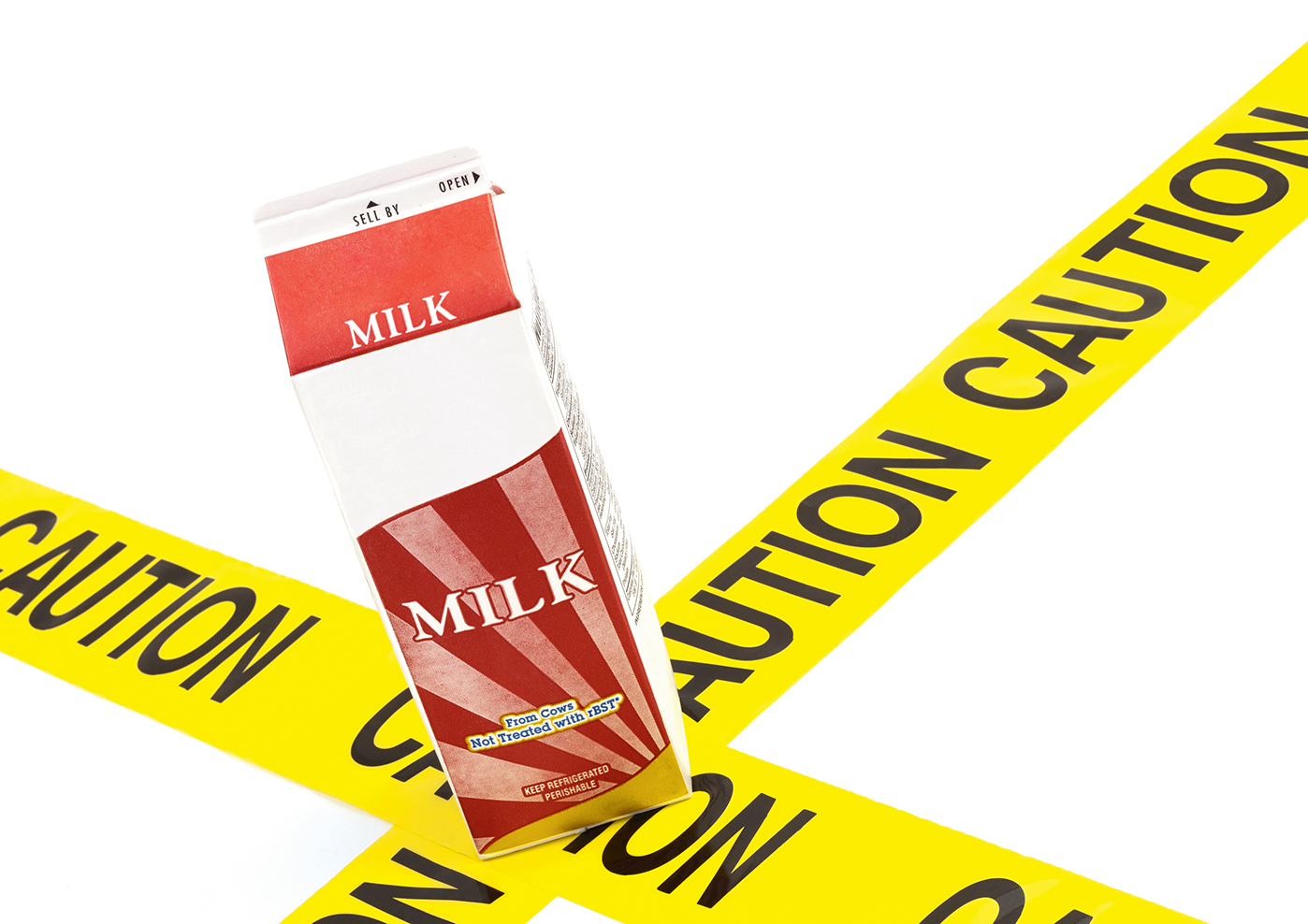Before you give up on dairy,…
By Wendy Haaf
Think you can’t digest milk and other dairy foods? According to a 2013 survey, about 16 per cent of Canadian adults believe they have lactose intolerance, a condition that can cause symptoms such as gas, bloating, and cramps.
It turns out, however, that many may be needlessly missing out on an important source of calcium, vitamin D, magnesium, and other nutrients. (If you develop symptoms suddenly, though, consult your doctor—new-onset lactose intolerance can result from underlying conditions such as celiac disease, which can sabotage your long-term health if untreated.)
Studies have shown that many people who believe they’re lactose intolerant don’t test positive for the condition. Some who do lack the ability to digest lactose, the natural sugar in milk, don’t necessarily experience symptoms, and even those with symptoms can enjoy moderate amounts of dairy food without digestive distress using some simple strategies. So before you consider ditching dairy, give the following tips a try.
“You can consume lactose-free products,” notes Dr. Andrew Szilagyi, a gastroenterologist at Montreal’s Jewish General Hospital and an assistant professor at McGill University. You can also try taking an over-the-counter supplement such as Lactaid or Lacteeze with dairy foods. These contain lactase, the enzyme that breaks down lactose into its component simple sugars. When lactose is dumped into the intestine undigested, it can be gobbled up and fermented by gut bacteria, resulting in the production of excess gas.
Eating fermented products can help, too. “Fermented products such as yogourt are considered to be helpful in reducing symptoms,” Szilagyi adds. That’s because in the fermentation process used to make foods such as yogourt, cheese, and kefir, some lactose is broken down by the bacterial cultures added, and some of the enzymes involved continue to work even after you ingest them.
In addition, a few studies have suggested that taking probiotic supplements containing certain beneficial bacteria may help ease symptoms, as can consuming dairy with other foods.
Research shows that it’s also possible to gradually induce tolerance of dairy foods simply by eating them daily. It’s thought that this gradually shifts the composition of bacterial populations in the intestine towards types that produce less gas.
There’s also evidence that, for some people, a sensitivity to certain fats in dairy foods can mimic the symptoms of lactose intolerance, so it might be a good idea to experiment with foods such as ice cream and to stick to lower-fat options.
While filling the nutritional hole left by diary foods can be managed with help from a registered dietitian, overall, it’s worth including these foods in your diet if you can. “Dairy foods are linked with a number of health benefits, most notably to bone,” Szilagyi says, “as well as to blood pressure, metabolic syndrome, and possibly colon cancer.”
Photo: Dreamstime/Dejan Stanisavljevic.



